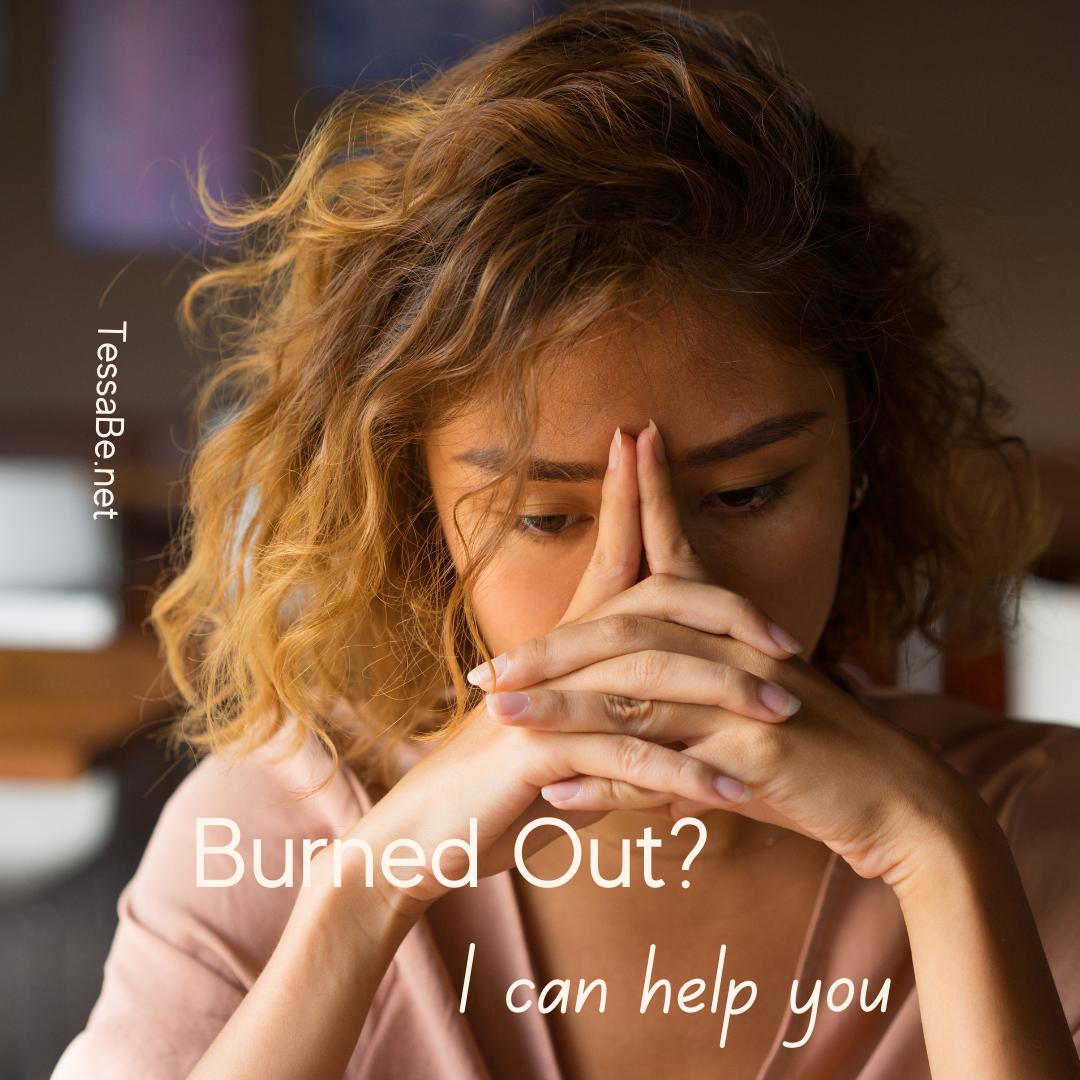
From Eileen Mc Kusick-
“Electric Body – Electric Health”
When we experience painful transitions, whether it’s birth, a sudden or jarring change in family life during childhood, a big move, or an unwelcome change of job or relationship, it creates a tremendous fear of consequences of taking our next steps.
Your nervous system goes into hyper vigilance and will tell you that any movement into the unknown is going to bring hurt. It’s not safe. And what makes us feel safe or unsafe plays a huge role in what we choose to do. If your parents passed away when you were a child and you had to leave your home and move in with your grandparents, later in life, leaving the home of your known zone is going to trigger a huge amount of fear and trepidation.
Even if the known sucks, the voice of fear tells us that the unknown might suck even more. We decide to stay with the familiar fear instead of confronting the unfamiliar fear that might lead to our growth or liberation or expansion.
Fear is not bad. We are not trying to get rid of it. Fear about taking a leap is normal and appropriate. And contrary to what some people might think, that fear never really goes away.
If you’re waiting for the fear to go away before you take away whatever step the universe is nudging you toward, you’re never going to go anywhere. You’ll never grow or expand in the ways your soul is calling you too. All that unexpressed energy and life force that wants to leap into the unknown will get frozen and tucked away in a little pocket in your body & Biofield.
Fear is the bodies way of saying “This is new and I don’t know what’s coming. I need to pay attention.”
You need that vigilance! But you don’t need paralyzing fear. There’s fear in motion, and then there’s frozen fear.
Rather than getting rid of the fear, we want to put it in motion. When we move into action, that fear begins to shift into excitement. The awareness alone that we can live with fear and except it without having it paralyze us already creates a shift.
Those of us who are risk takers constantly take steps that are scary, but we’ve concluded that the discomfort of the known is more uncomfortable than the discomfort of the risk and expansion.
I have found that people who experience a lot of fear around taking risks often had parents who frequently yelled or snapped at them for “doing something wrong.” When that happens you can become traumatized around taking action. You begin to associate taking risks with being punished, so you go into inertia mode. But it’s deeply subconscious.
We want to flex the “taking action” muscle and align our consciousness with it. If that muscle is flabby and underutilized, you can make it strong through regular small repetitions. You don’t make a muscle strong by going from zero to bench pressing 100 pounds. You start with just a few minutes a day of bicep curls with a 2 pound weight and you work your way up. With very little pain or discomfort, the muscle gets stronger.





